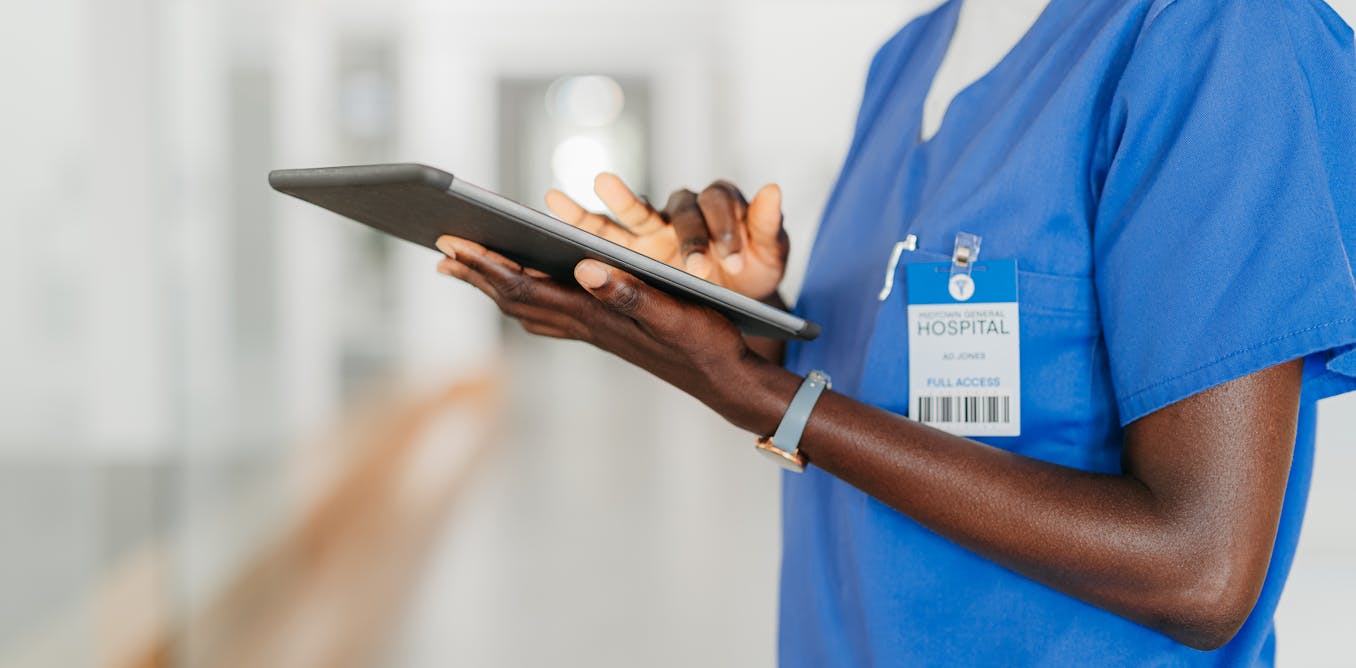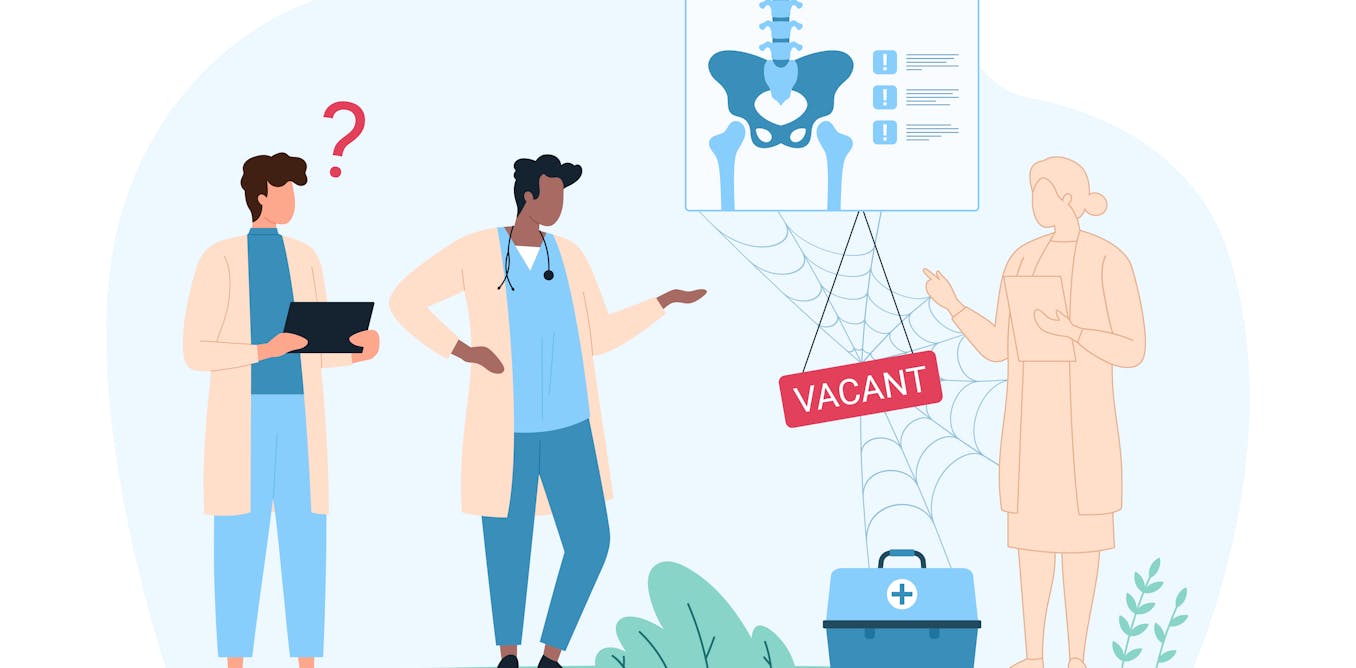Digital technology has hugely improved healthcare in many ways.
It’s now possible to test patients on the spot – in a clinic or hospital – for many health conditions.
Digital diagnostic devices can analyse samples like sweat, saliva, faeces, tears and breath for signs of major diseases such as cancer and HIV.
Testing at the point of care – where the patient is being treated – saves time that would have been spent waiting for results to come back from a laboratory.
And test results can be stored in a digital medical record to keep healthcare providers informed about a patient’s care.
I lead a research group at the University of Pretoria that has conducted several studies on point-of-care diagnostics in sub-Saharan Africa, especially where resources are limited and populations are underserved.
As South Africa moves towards universal health coverage, we conducted a study to investigate key areas that need to be fixed before real progress can be made.
The study focused on lessons learnt from COVID-19.
The main problems the study identified were in the ability to share data instantly, the ability of systems to “speak to” each other, data security and infrastructure.
Real-time data transmission
Data connectivity is key to making point-of-care testing more efficient.
Point-of-care tests equipped with Bluetooth low energy technology can send data over short distances. For example the Abbott FreeStyle Libre system is commonly used for glucose monitoring in diabetes management.
Healthcare workers in remote clinics with electricity, phones and internet connections can send test results instantly to specialists in urban centres for further analysis and guidance, particularly in emergency situations.
For chronic disease management, devices can regularly update patient data.
Healthcare providers can then track the progression of diseases and adjust treatment.
This ongoing monitoring is essential for managing conditions such as diabetes, hypertension and HIV/AIDS.
However, only an estimated 22 million people in South Africa (about a third of the population) use a smartphone. Two-thirds still do not have access to this technology.
Rural areas in particular are affected. This population is at risk of being left out from the benefits of digital health technology.
Interoperability
Interoperability refers to the ability of different healthcare systems and devices to work together. Diagnostic devices need to be able to communicate with electronic health records, hospital information systems and other healthcare databases.
Patient data from various sources can be put together, giving a full view of patient health. Care can continue as patients move between clinics and hospitals.
Our study noted a few devices that work particularly well with other systems – for example, fitness trackers, and a mouth guard biosensor for monitoring salivary glucose.
But many South African communities have only limited access to electricity and the internet. This makes it difficult to link up systems.
Data security and privacy
Patient data is highly sensitive and must be protected from unauthorised access, breaches and misuse.
Healthcare providers and policymakers must also adhere to national and international data protection regulations, such as the Protection of Personal Information Act in South Africa.
This not only protects patient privacy but also builds trust in the healthcare system, encouraging patients to participate in digital health initiatives.
Infrastructure challenges
Investments in expanding network coverage and improving connectivity are essential.
In regions with frequent power outages or limited access to electricity, alternative power solutions, such as solar panels or battery backups, are necessary.
Healthcare facilities need to be able to call on trained personnel who can deal with technical issues promptly and ensure the reliability of diagnostic services.
Going forward
Real-time data transmission, interoperability, data security and addressing infrastructure challenges are vital for integrating point-of-care diagnostics into the healthcare system.
By removing barriers in these areas, South Africa can enhance the efficiency, accuracy and accessibility of healthcare services.

The post “Technology makes it possible to diagnose diseases on the spot – but South Africa’s public healthcare system faces several obstacles” by Tivani Mashamba-Thompson, Professor and Deputy Dean Research and Postgraduate Studies, University of Pretoria was published on 06/25/2024 by theconversation.com


































